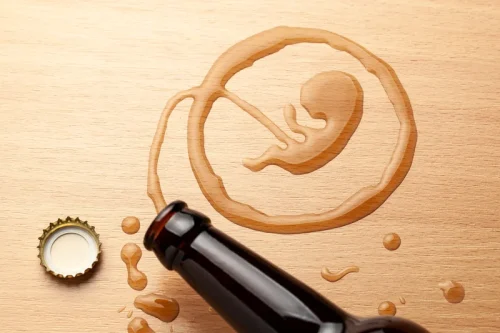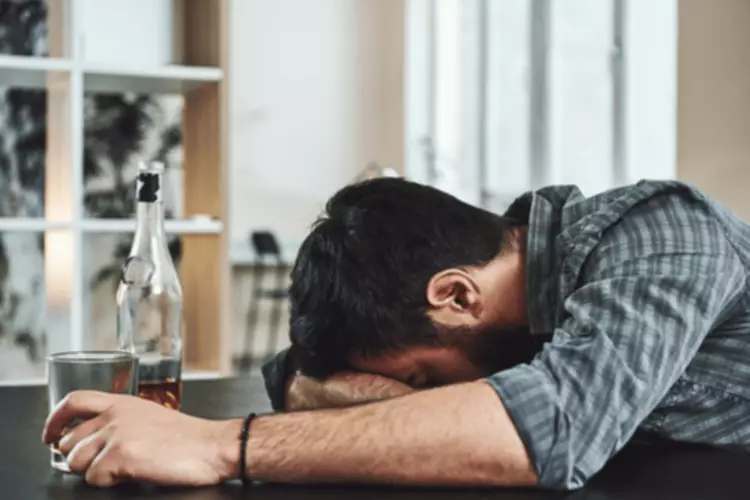
One way to combat loneliness and isolation is to ensure you have a good support system whether it be friends, family members, others in your recovery program or even a therapist or counselor. Or, consider joining a club or meetup group based on your favorite activities in order to meet new friends and feel more connected to the community. Becoming a volunteer is another great way to take care of your mental health while also helping others in need. During this stage, a person may not be thinking about using drugs or alcohol, but their emotions may be placing them in jeopardy of relapse. By reducing our cravings, focusing on the present and engaging in activities that restore some level of calm or bliss, we can completely rewire our brains. Withdrawal symptoms like nausea, shakiness, and sweating can be so difficult that you want to use drugs again just to stop them.
What Are the Risk Factors of Relapse?
Recommit to your self-care plan, especially activities that eased stress and other emotional triggers. If you start to think of yourself as a failure, you’re more likely to move into the next stage of relapse. If you can recognize the warning signs of each stage, you can take action to avoid a relapse. When you’re recovering from alcohol use disorder, a relapse is when you start drinking again. It’s not the same thing as a lapse, which is temporary and short-term — such as when you have one drink at a party, then go back to not drinking.
How can family members help their loved ones stick to their relapse prevention plan?
This statistic highlights the importance and prevalence of recognizing and preventing relapse in addiction recovery. Plenty of relapse prevention techniques assist in maintaining recovery and achieving short and long-term goals. Those recovering would benefit from incorporating skills and habits into their daily schedule and routine that actively prevent or reduce the risk of alcohol cravings. Anyone struggling with alcohol dependence or trying to support someone with AUD needs an effective strategy for preventing relapse. A prevention plan for alcoholism is a set of strategies that helps someone remain sober and avoid relapse.

Relapse Prevention Strategies
One of the challenges of therapy is to help clients practice telling the truth and practice admitting when they have misspoken and quickly correcting it. In the abstinence stage of recovery, clients usually feel increasingly https://ecosoberhouse.com/article/alcohol-and-anxiety-can-drinking-cause-panic-attacks/ better. But in the repair stage of recovery, it is not unusual for individuals to feel worse temporarily. They must confront the damage caused by addiction to their relationships, employment, finances, and self-esteem.
- Recovery is lifelong, and a relapse can happen at any time, even after years of not drinking.
- This response can be a good indicator of whether the individual will relapse.
- By staying aware of any changes in your circumstances or personal needs, you can make necessary adjustments to your plan.
- This may include family members, friends, support groups, or therapists.
- They feel they have lost part of their life to addiction and don’t want to spend the rest of their life focused on recovery.
It is important to view the occasional cigarette as part of the process of change. Having smoked one cigarette is not cause to step back and start all over again. The model suggests seeking counseling, attending support groups, and learning new coping mechanisms such as exercise or meditation to achieve this goal. So when difficult situations arise, they have tools available to them without turning to drugs or alcohol as solutions. At first, it’s essential to identify your goals and motivations for recovery. Perhaps you aim to improve relationships, focus on your career or simply live a happier and healthier lifestyle.

This process includes carefully examining each trigger and a plan for targeting weaknesses when faced with those triggers. Therapy is also helpful for developing coping skills and learning how to handle cravings more effectively. Having a strong network of family and friends who are supportive and understanding alcohol relapse statistics can be invaluable during recovery. Building this support system takes time and effort but is worth it in the long run. Meditation helps reduce stress, increases mindfulness when faced with triggers, and promotes self-awareness. It also boosts focus and concentration, enabling you to stay sober longer.
- It’s important to identify trustworthy individuals who are supportive of your sobriety goals.
- While some may never relapse, others may relapse several times at some point during recovery.
- List the people, places, and things that you think could threaten your sobriety and potentially lead you to relapse.
- They want to prove that they have control over their addiction and they are not as unhealthy as people think.
- Our trained professionals will help you find treatment options that best suit your needs.
Relapse prevention is one of the main goals of drug or alcohol treatment programs. When you become addicted to a substance, your brain functions change, making it challenging to overcome your condition. Other goals of abstinence include personal self-care and development. Situations that cause stress, like job loss, relationship problems, or financial issues, often lead to relapses. Alcohol can temporarily relieve stressful feelings, but they return once the drinker stops drinking. For patients with moderate to severe substance use disorders, relapse is a serious event.
Research has shown that this approach is particularly effective because it invests in creating a sense of community and shared responsibility among all members of the family. Rather than relying solely on professional treatment providers, families are empowered to take an active role in supporting their loved one’s recovery. These are all valid concerns, but it’s important to remember that treatment is available and effective. Don’t be afraid to get help if you think you may have an alcohol use disorder or feel like your drinking has become a problem. Beyond offering a safe space for processing emotions, it helps address poor self-care habits that might increase vulnerability.

They can also be external, like people, places, or things that remind users of past actions. Some people relapse because of their negative self-perceptions and belief in their inability to change. When they lack confidence in their success, preventing relapse becomes an uphill battle. You may need a different approach to treatment, or perhaps to return to inpatient treatment.
